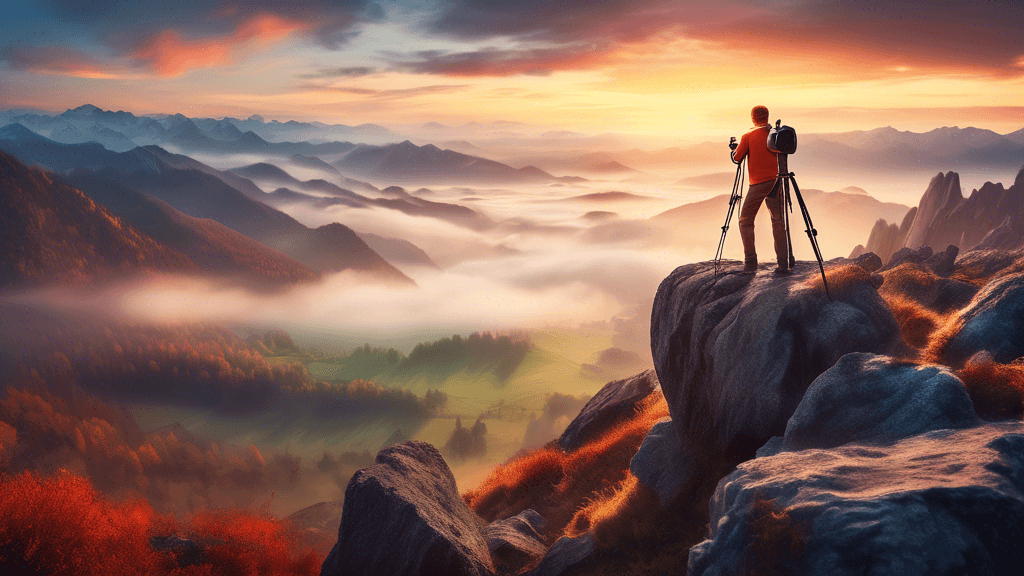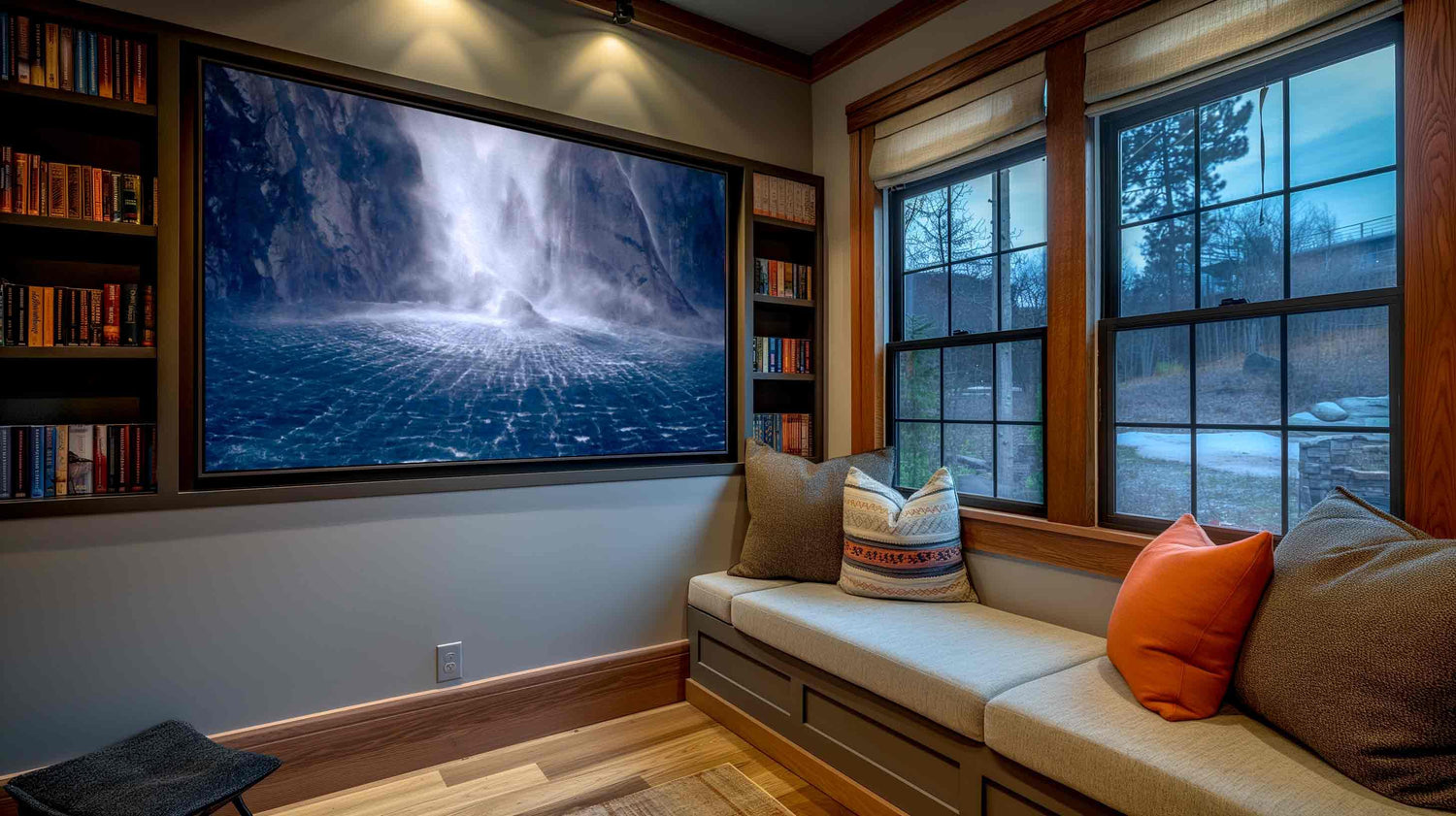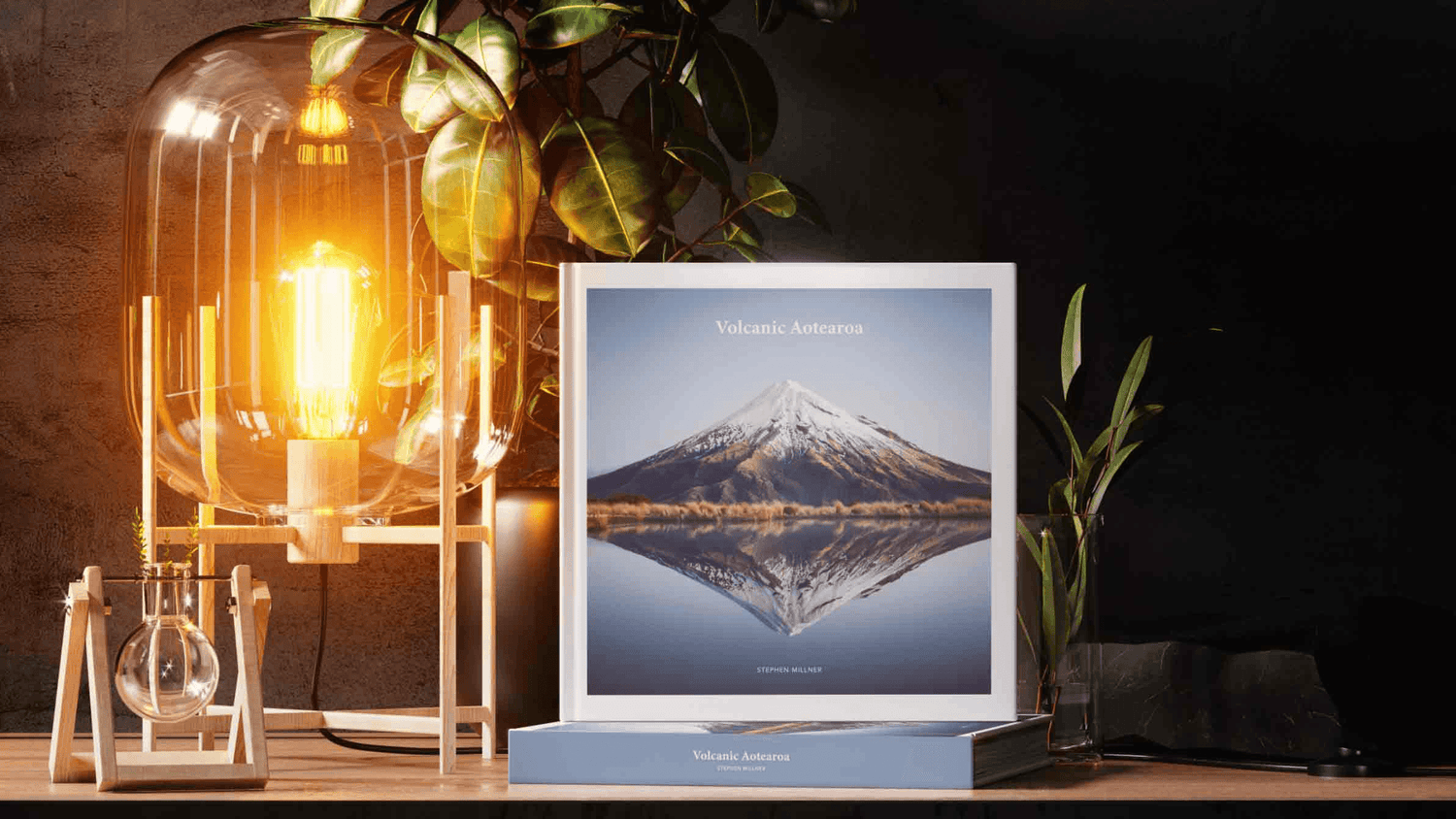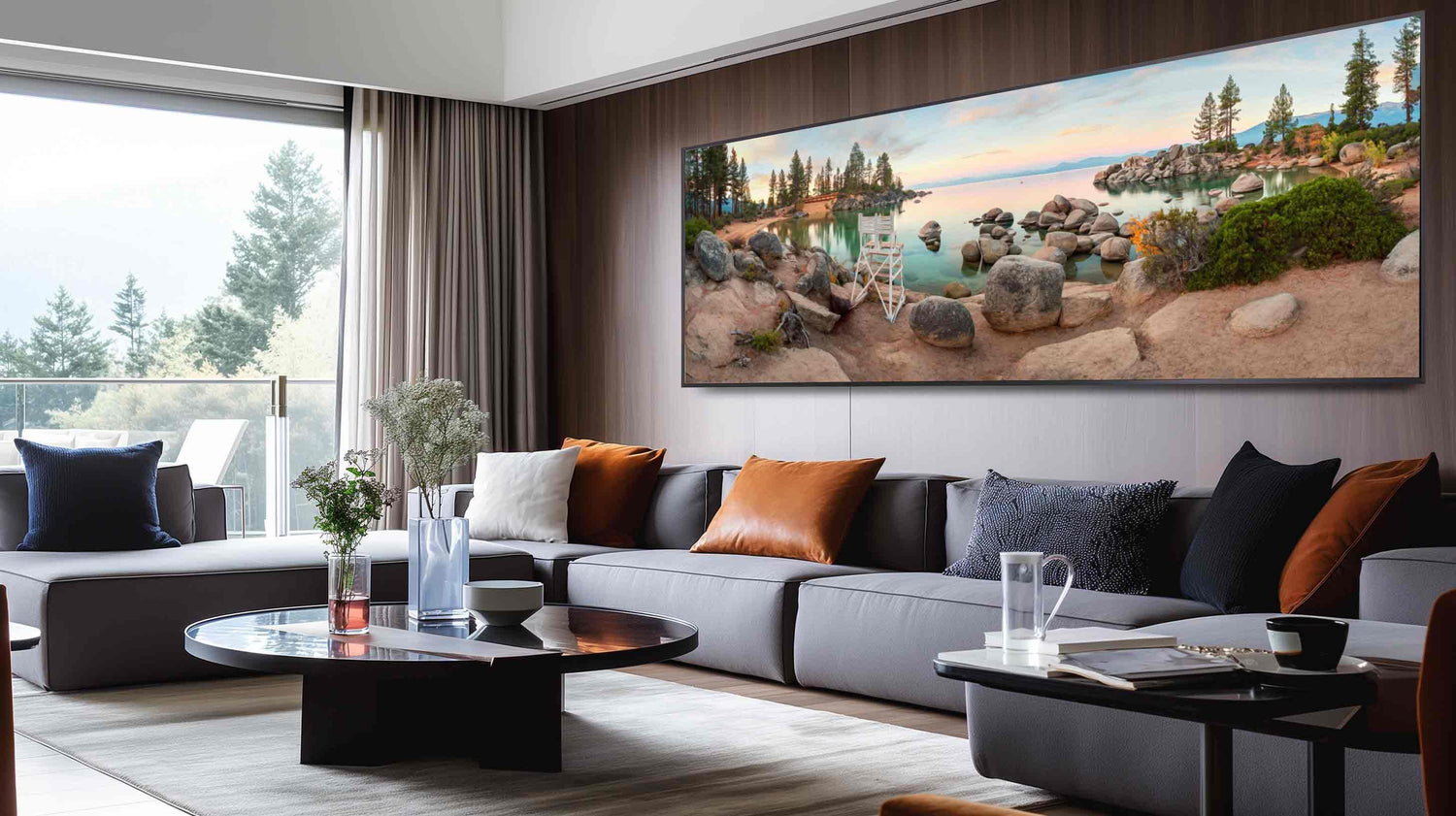
Mastering Landscape Photography: Tips from an Award-Winning Photographer
Share
Introduction to Landscape Photography
Landscape photography is more than just capturing environments; it's about conveying a sense of place and emotion through a lens. Whether you’re a beginner looking to improve your skills or an experienced photographer aiming for that awe-inspiring shot, learning from experts in the field can dramatically enhance your photographic journey.
Understanding the Basics: Equipment and Preparation
Before diving into the tips from a seasoned professional, it's essential to grasp the basics of landscape photography. This includes understanding the equipment you'll need:
- Camera: A DSLR or mirrorless camera with manual settings is preferred.
- Lenses: Wide angle lenses are typically used for expansive scenes, while telephoto lenses can be great for isolating distant features.
- Tripos: Essential for stability, especially in low light conditions.
- Filters: Neutral density filters and polarizers can help manage light and reduce reflections.
Preparation is equally important. Scouting your location ahead of time, understanding the natural light patterns, and checking weather conditions are all crucial steps.
Advanced Techniques from an Award-Winning Photographer
With the basics covered, let's delve into advanced techniques provided by an award-winning landscape photographer who has truly mastered the craft.
The Golden Hours
The magic of golden hours cannot be overstated, shares the photographer. These periods shortly after sunrise or before sunset provide soft, warm lighting that can dramatically alter the mood and texture of your photos.
Composition and Perspective
Understanding the rules of composition, such as the rule of thirds, leading lines, and framing, can enhance the visual impact of your landscapes. However, the expert suggests, don’t be afraid to experiment with unusual perspectives or compositions to create a unique visual narrative.
Long Exposure Techniques
Long exposures can turn an ordinary scene into a surreal masterpiece. Using a slow shutter speed allows you to capture the dynamic elements of nature, like moving clouds or flowing water, in a visually stunning way. This technique requires a tripod and, often, a neutral density filter to manage the extended exposure times without overexposing the shot.
Post-Processing
Post-processing plays a pivotal role in landscape photography. The photographer advises, Shoot in RAW format for high-quality files that give you much more control when editing. Tools like Adobe Lightroom or Photoshop can then be used to adjust exposure, contrast, and color balance, which can help bring your vision to life.
Embracing the Environment and Conservation
As landscape photographers, there’s also a responsibility to protect the natural environments we capture. The photographer emphasizes the importance of leaving no trace and being mindful of the ecosystem. Understand the impact of your presence in a natural space and strive to minimize it. This respect for nature not only helps preserve it but can also inspire and inform your photography, he remarks passionately.
The Road Ahead
Becoming proficient in landscape photography is an ongoing process of learning and experimentation. By understanding your equipment, mastering advanced techniques, and adopting a respectful approach to the environment, you can continually improve and hopefully capture landscapes that inspire others.
The photographer concludes, Every shot you take is a step forward in your journey. Keep experimenting, keep learning, and keep respecting the beautiful scenes you wish to capture. Remember, the best landscape photos are those that resonate with emotion and connection to the place.
Call to Action
Are you ready to elevate your landscape photography with these expert tips? Gather your equipment, plan your next adventure, and don't forget to engage with the scene emotionally and ethically. Your next breathtaking landscape shot awaits!





